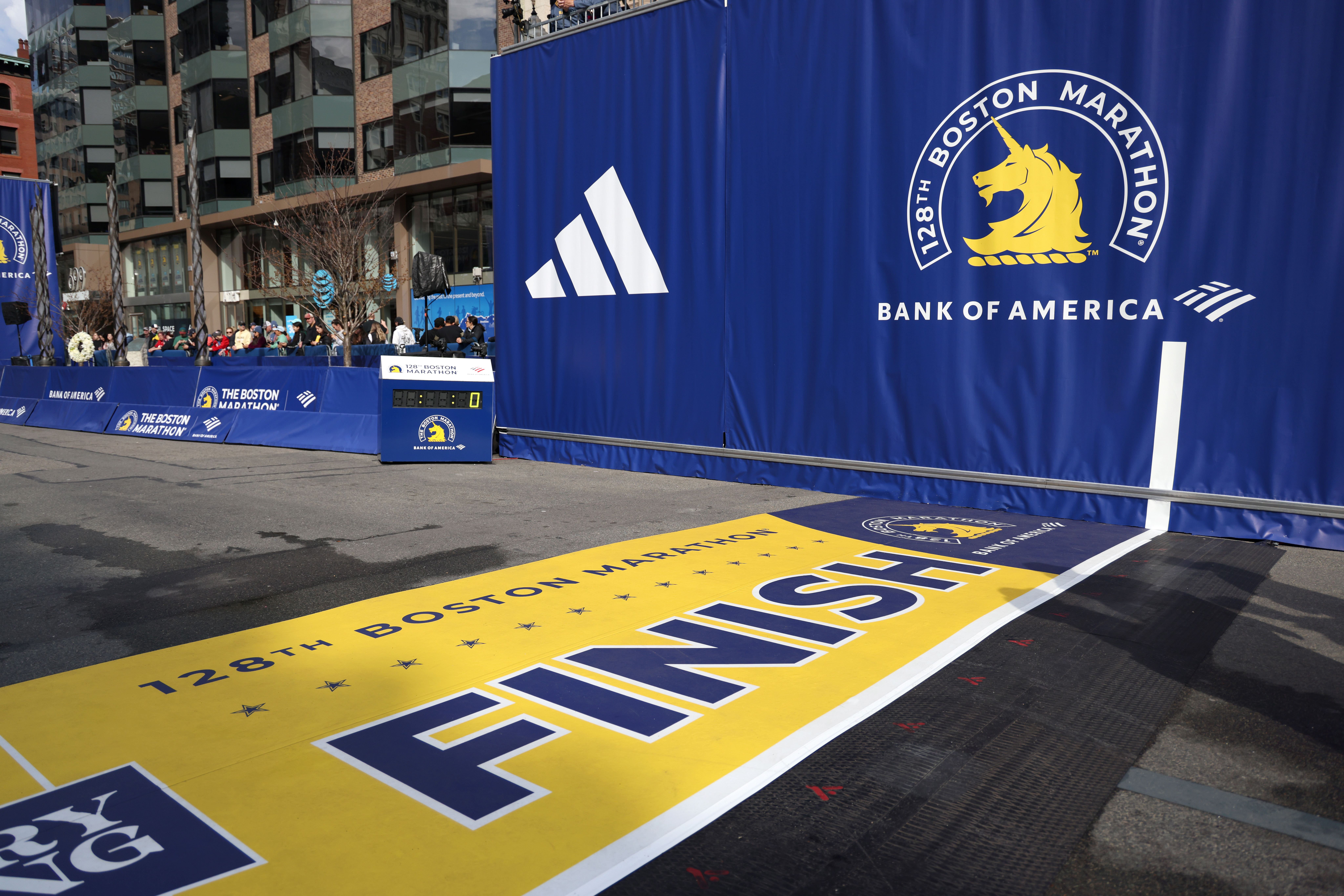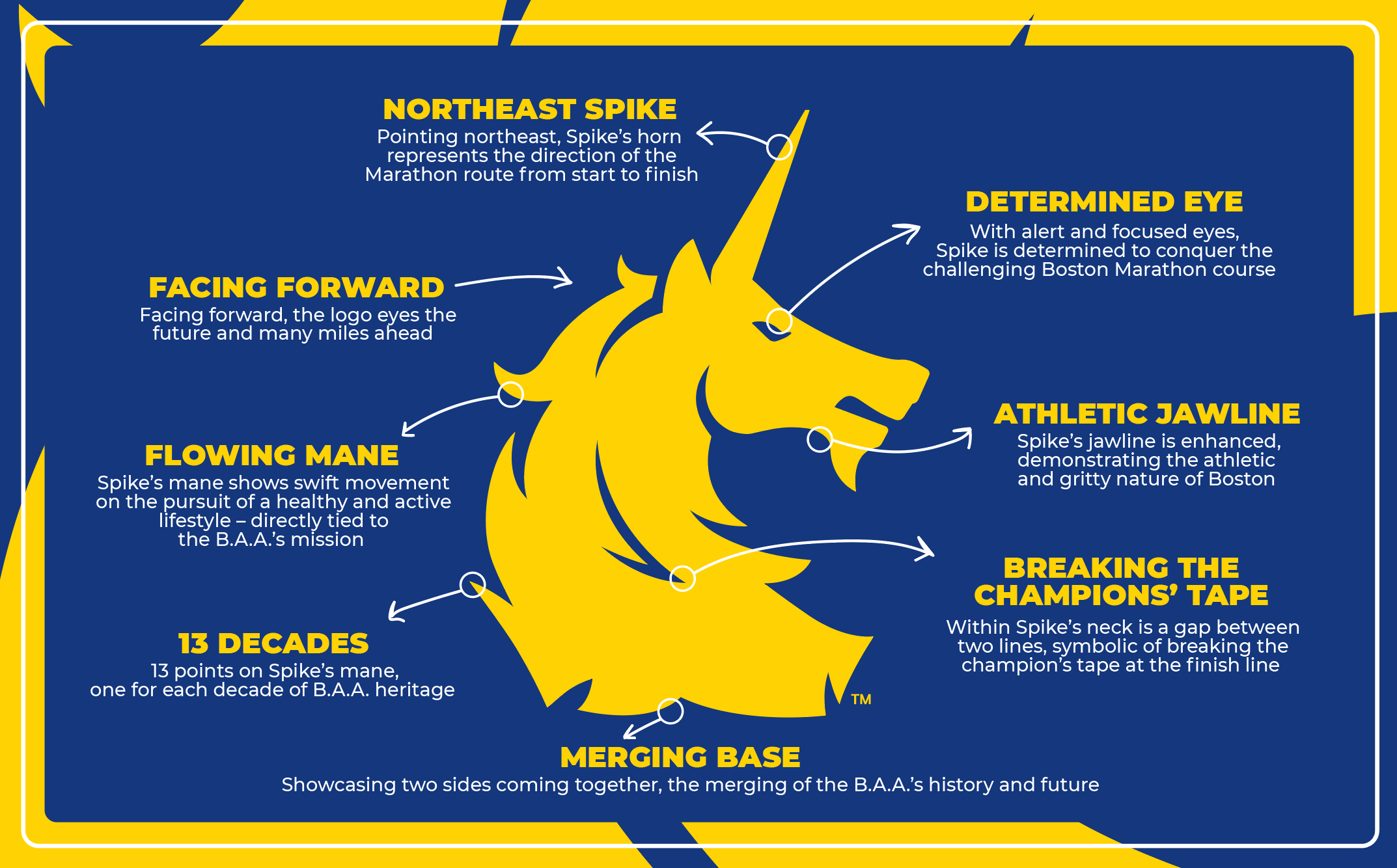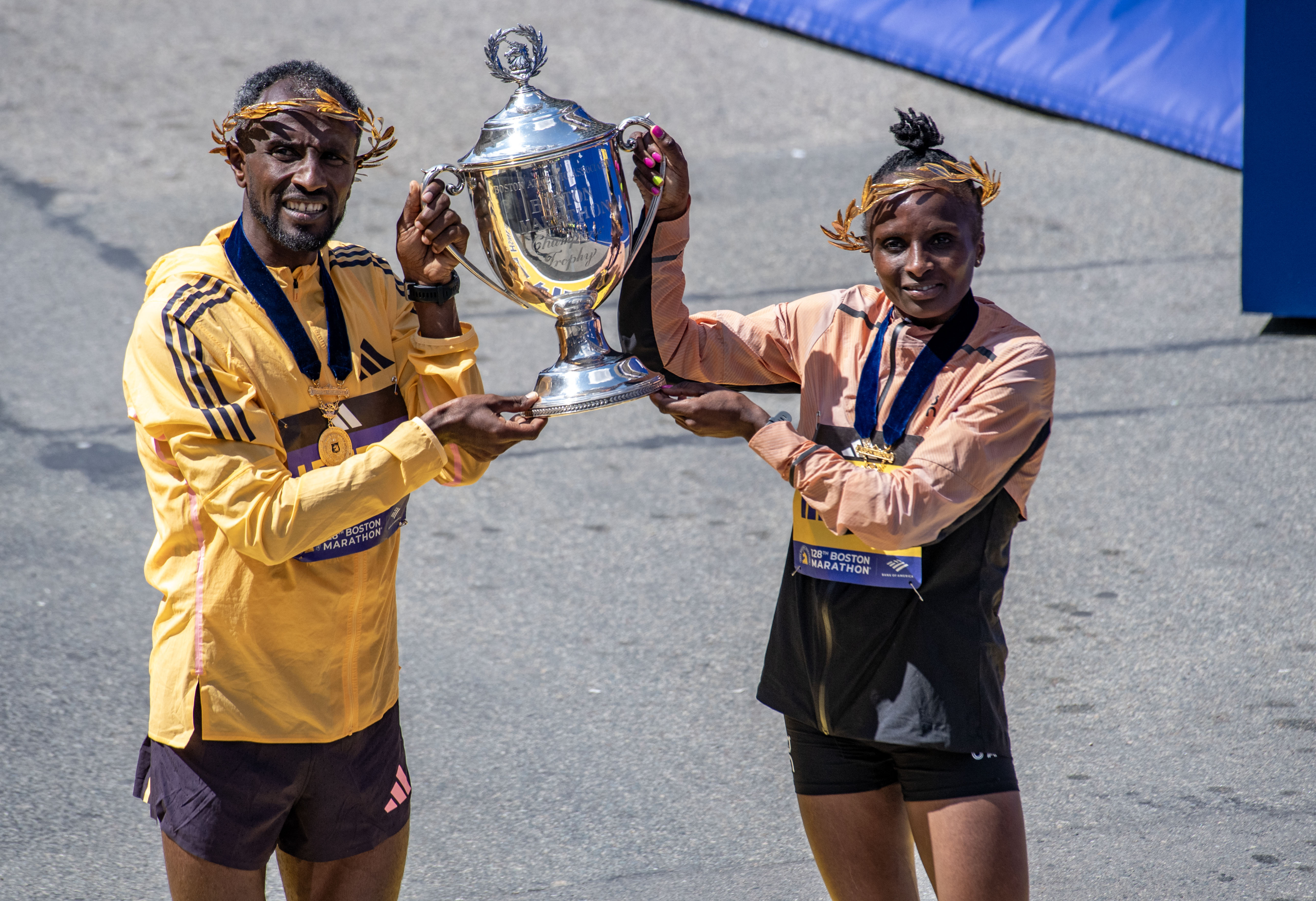While the Boston Athletic Association has been vocal about addressing a historical lack of representation, runners of color say there is still a need for greater inclusion.
The Boston Marathon has come under scrutiny for its lack of diversity among participants, and while progress has been made toward inclusion, runners of color believe there is still significant work to be done.
The Boston Athletic Association has publicly stated its commitment to prioritizing racial equity in recent years, aiming to address a historical underrepresentation of people of color in the sport of marathon running.
WATCH ANYTIME FOR FREE
Stream NBC10 Boston news for free, 24/7, wherever you are. |
"Equity is not a sprint. Equity is a marathon," said Reynolds Graves, a Boston Marathon runner participating for the second time in support of the Lenny Zakim Fund, an organization focused on social equity and diversity.
Get updates on what's happening in Boston to your inbox. Sign up for our News Headlines newsletter.
Get updates on what's happening in Boston to your inbox. Sign up for our News Headlines newsletter.
"I feel like definitely could be done better as far as getting African Americans to participate," said Kitwana John, a runner from Los Angeles who has run the Boston Marathon twice.
Graves acknowledged the BAA's efforts.
"I think the BAA has taken some important steps to increase representation, but there's still such a long way to go," he said.
In 2021, the BAA established the Boston Running Collaborative with the goal of expanding access to running for communities of color. Graves believes the organization could further its reach by "go[ing] to places where running doesn't exist" and by making an effort to "introduce the sport to kids who probably never even thought about it."
He highlighted the structural barriers that individuals in marginalized communities often face, including financial constraints, limited access to resources, and a lack of education about the sport.
"It's a very expensive sport," Graves said. "You know, shoes cost money, training costs money, you have to eat proper food."
These financial realities are a significant factor for runners like John, who is questioning his participation in what would be his third Boston Marathon.
"Honestly, the cost of Boston is very expensive, which I get — flight, living accommodations," he said. "And I'm very grateful that I was able to experience it twice."
Adding to the challenge is the rigorous selection process for the Boston Marathon, as John noted is the case with most majors. The qualification standards are set to become even more challenging, though, with qualifying times being cut by five minutes for the 2026 race.
In response to inquiries about the race's demographics, the BAA stated that inclusion remains a key part of its ongoing work but did not provide the demographic data for last year's race.




